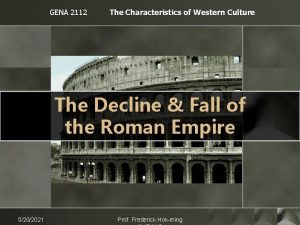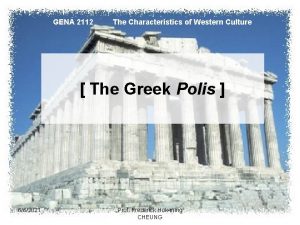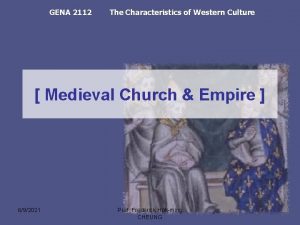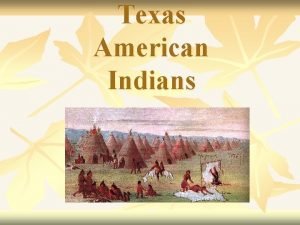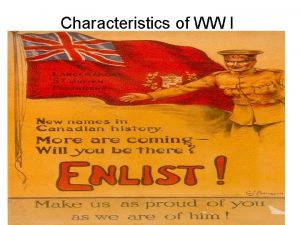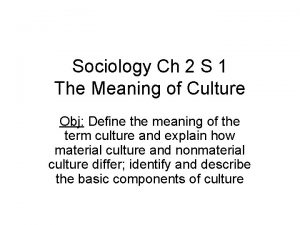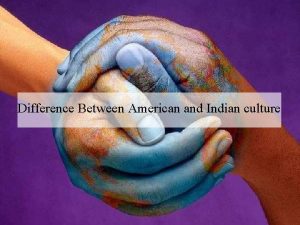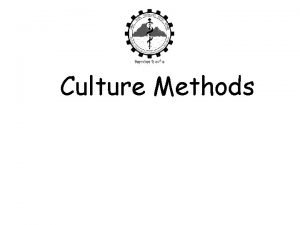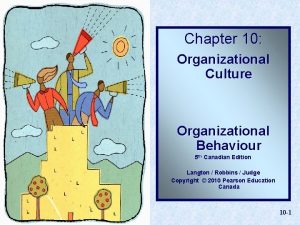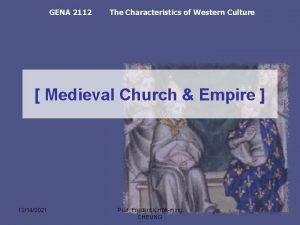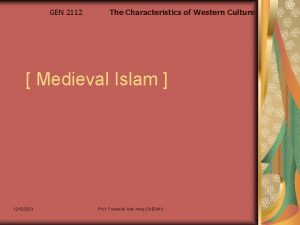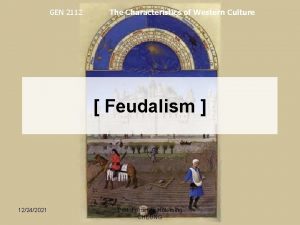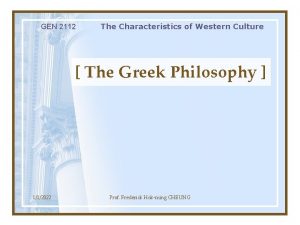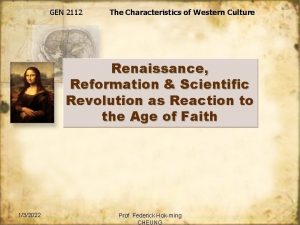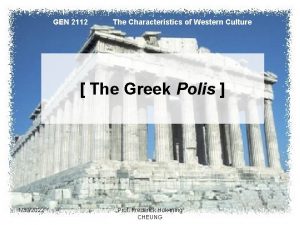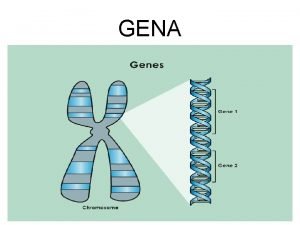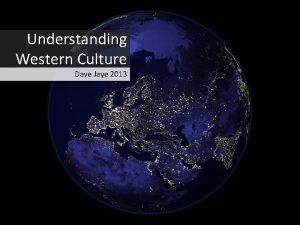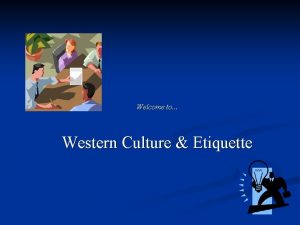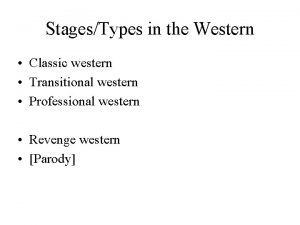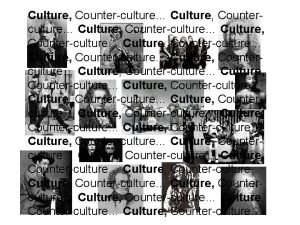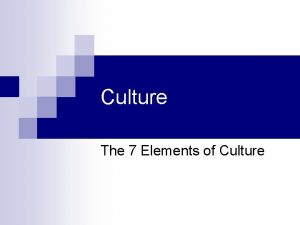GENA 2112 The Characteristics of Western Culture The
![GENA 2112 The Characteristics of Western Culture [ The Greek Polis ] 6/6/2021 Prof. GENA 2112 The Characteristics of Western Culture [ The Greek Polis ] 6/6/2021 Prof.](https://slidetodoc.com/presentation_image_h2/5be11331eaa4e797ae66c2d786a126de/image-1.jpg)






































- Slides: 39
![GENA 2112 The Characteristics of Western Culture The Greek Polis 662021 Prof GENA 2112 The Characteristics of Western Culture [ The Greek Polis ] 6/6/2021 Prof.](https://slidetodoc.com/presentation_image_h2/5be11331eaa4e797ae66c2d786a126de/image-1.jpg)
GENA 2112 The Characteristics of Western Culture [ The Greek Polis ] 6/6/2021 Prof. Frederick Hok-ming CHEUNG

References on Athens • • • A. H. M. Jones, Athenian Democracy Frank Frost, Democracy and the Athenians 余英時 � 民主制度之發展� 黃俊傑� 古代希臘城邦與民主政治� Donald Kagan, Pericles of Athens and the Birth of Democracy

The Greek Polis • • • polis (s. ) poleis (pl. ) “city-states” (Kitto x) = a self-governing state = an independent & autonomous political unit = a political structure an advanced or a degenerate form of tribalism =small =exclusiveness (oneness) (wholeness) “small”

The Size of the Greek Polis • • • There were more than 200 poleis in ancient Greece The biggest = Sparta = 3, 300 sq. m. Athens = 1, 000 sq. m. Most poleis = less than 400 sq. m. e. g. Corinth = 340 m 2 Geographically, a polis covered a very small area, usually much less than a modern country e. g. Plato’s Republic: Ideal polis = 5, 000 citizens Aristotle’s Politics: Each citizen should be able to know all the others by sight

The Citizens of a Polis • • The citizens of a polis felt themselves tightly bound together & separated from the citizens of any other state. Each polis had its own distinctive customs & its own gods, & was an object of intense religious-patriotic devotion As a result, a Greek polis could not easily expand its territory or admit foreigners to citizenship. Its jealous local pride made it ready to fight with its neighbors for the slightest causes. But, polis was more than a mere region, it was a community of citizens — enjoyed political rights & played a role in govt.

*“Participation”參與 • • • “Man is a creature (an animal) who lives in (belongs to) a polis ” Aristotle’s Politics The chief political virtue = “participation” It’s everyone’s duty to participate in the polis ∴Greek culture = creative + all-roundedness

The Political Development of Athens • • • polis of Athens: Attica (peninsula) 7 th century B. C. aristocrats …………Solon (594 B. C. ) “If there was injustice anywhere in the state, it directly or indirectly affected everyone, even though he went inside his house & locked the door. ” Solon rewrote law code + judges were chosen by “lot” from among the entire citizenry without regard to wealth

Clisthenes (508 B. C. ) • • (Until the time of Clisthenes reforms, loyalty to clans & tribes had remained strong) Clisthenes appealed to the common citizens ∴Athens = democracy or “the rule of the people” & Clisthenes called it “isonomia” the system of equal rights + abolished the ancient clans & replacing them with 10 new “tribes” by regions (territorial districts) ∴members of every class (commercial, industrial, rural) = evenly divided (distributed) among 10 tribes

The Athenian Empire • The evolution of democracy at home was intimately connected with the increasing imperialism of Athens abroad. democracy Athens Imperialism

Pericles (495 -429 B. C. ) • • (Age of Pericles: 461 -429 B. C. ) dignified well-educated an “hypnotized” orator a practical statesman (yet idealistic) “Pericles saw what a polis might do for her citizens; and what the citizens might do for their polis. ” Compare with John F. Kennedy: “Ask not what the country can do for you; ask what you can do for the country!”

Thucydides (史學家) • Pericles was “persuasive”!

Pericles, Funeral Oration (Winter, 431 B. C. ) • • • “ Our constitution……Its administration favors the majority instead of the few, this is why it is called a democracy. If we look to the laws, they afford equal justice to all in their private disputes; & our public opinion welcomes & honors talents in every branch of achievement, ……on the grounds of excellence alone. ” Pericles introduced “state pay” for service on the Council of 500 (or state service ) Therefore, even poor citizens could take part in public life.

Pericles’ Political Aims • • to develop an equal balance between the individual & the polis to make duty a delight, & service an honor. to recognize benefits to the community as the only ground of civic distinction. Pericles: far-sighted d. 429 B. C. “was afraid of Athenian mistakes than of Sparta’s designs” — proved to be well-founded 404 B. C. Sparta defeated Athens

The Situation After Pericles • • According to Finley, “Pericles…had 4 characteristics: he could see & expound what was necessary, he was patriotic & above money. ” Athens’ misfortune the essential cause of her ruin was that none of his successors combined all his 4 characteristics. Nicias, who was honest but inactive, had the last 2. Alcibiades, who was able but utterly self-interested, only had the first 2.

Time Chart • • • • Athens 594 B. C. Solon 546 B. C. Cyrus the Great (Persia) conquered Lydia (Asia Minor)→ 499 B. C. Ionian Rebellion Athens 20 ships to aid Ionian→Pericles 508 B. C. Clisthenes 490, 480, 479 B. C. Persian Wars ∴Delian League 461 -429 B. C. : Age of Pericles 447 -438 B. C. : Parthenon巴特龍神殿 431 -404 B. C. : Peloponnesian War % Athens & Sparta 429 B. C. d. of Pericles

Questions 1. 2. 3. The spirit and characteristics of ancient Greek poleis (Athens, Sparta, etc. ) Athens’ democracy and imperialism Compare and contrast Athens and Sparta

References on Sparta • • Forrest, W. G. A History of Sparta Barrow, Robin. Sparta Jones, A. H. M. Sparta Frost, Frank. Greek Society

Sparta • • • Frank Frost, Greek Society. 5 th ed. , 1997: “Sparta: an Experiment in Elitist Communism, ” pp. 44 -49. Military obedience = paramount virtue + tough life Thus, producing strong, courageous, highly disciplined soldiers (infants were abandoned to die of exposure, if they were not qualified) – “elitist”

Life in Sparta • At the age of 7, a Spartan boy would be owned by the polis, + 13 years of military training: physical, endurance of hardship, and unquestion of devotion to the polis. • At the age of 20, a soldier/warrior in a barrack (for 10 more years) • At 30, = full-fledged citizen (may go home)

Sparta • • • “terrible food/meal” “Now I understand why the Spartan do not fear death. ” No individual existence (body & soul) – the ultimate in self-denial dedicated to the polis (complete loyalty to the polis was demanded of every Spartan) Virtue = obedience, courage, and participation

Sparta • The Greeks admired “ordered’ life, and nowhere was life more ordered than in Sparta! • Spartan slaves (helots)’ life was hard, because they had to; Spartan citizens’ life was hard, too, because they chose to • • • Plutarch’s story of an old man in the Olympic Games: “All Greeks know what is right, but only the Spartans do it. ” – that is “courage”!

Sparta • • To the Spartans, Honor = to win in battles The story of a mother to her son who was a soldier going to battle: Giving him a shield – “with it or on it”! “They asked not how many enemies there were, only where they were. ”

Sparta • • Spartan art = silent? “Spartan art … is creation, and Sparta created not things in words (no drama [tragedy, comedy, fables] nor philosophy) or stone (no sculpture) BUT men”

Sparta • • • Sparta is a small community of warriors who have little interest in material comfort Sparta has an enormous slave (helots) population (1 : 10) All Spartans are full-time professional soldiers

Spartans: Good Fighters • 480 B. C. Xerxes, King of Persia, led an army of 250, 000 men seeking revenge for his father’s defeat 10 yeas ago (at the battle of Marathon) • Xerxes, “Which of the Greeks will dare resist me? ” (It seems that even if all the Greeks joined together, they would stand no chance against my army) • Demaratus answered, “ -- the Spartans!”

Sparta • • “In single combat, the Spartans are as good as any soldiers on earth. Fighting together, they are the best in the world. ” “They will fight, …. . And do not ask me whether they have enough men to fight you. If only a thousand of them march into the battle field, then that thousand will fight you. ” Xerxes laughed, “Are the Spartans free? ” (Do you really imagine that so few would freely choose to fight? ) “Yes, … free … but … they do have a master – the law (eunomia), whatever the law demands, they do. And the law always demands the same thing: never retreat in battle, whatever the odds. Always stand your ground. Win or die. ” (Herodotus, The Histories of the Persian Wars. 7. 101)

Sparta • Common life, food, wealth, & even family = shared • Thus, Frank Frost, Greek Society: • Sparta = “elitist communism”

Plato on Sparta • Plato admired Sparta: 1. the idea of an equal community in which all citizens share things among themselves, and cooperate rather than compete with each other; 2. the discipline and order of the Spartan system; 3. strong sense of loyalty and duty to each other, and the life of the community

Battle of Thermopolae • • In the Battle of Thermopolae, (a narrow pass) less than a thousand Spartans fought against a few thousand (250, 000) Persians The Spartans chose to die. They were killed to the last men and buried where they fell. Over their graves was written, “Passer-by, go and tell the Spartans at home that we lie here in obedience to the law. ” Prefer death to dishonor; and military glory to everything else Weakness: Spartans were brought up to understand only one way of life, thus, “inflexible” (to survive) + helots (slaves) outnumbered x 10!

The Decline of the Polis Definition: 1. The political form of polis has disappeared in reality in ancient Greek history. 2. Even though polis has not disappeared, the characteristics and spirit of the polis have disappeared or it was different from (or even opposite to) the original ideal, or it has been replaced by other ideals/concepts

Essence of the Polis • • • “participation” (in the political/ cultural life of the community) e. g. Pericles = statesman, administrator, orator, general, etc. polis at its best = a community of well-rounded men {多才多藝} (Because life was simple) [balance between polis & individual]

• • BUT then, Life became complicated Military tactics →complex ∴division of labor (∴army →mercenary) “Progress broke the polis” Kitto, The Greeks, p. 161 (irony: progress was a fundamental ingredient of the way of life that the polis created. )

Factors Leading to the Decline of the Polis Externally: • The Peloponnesian War (431 -404 B. C. ) • between Athens & Sparta • = end of polis as a creative force Politically: • Wars had exhausted Greece • “materially” & ”spiritually” • Therefore, confused, wearisome, & depressing • (e. g. 20 th c. Europe: WWI, WWII = suicidal wars) Internally: • Groeth of individualism in art, philosophy, & in life (new ways of thought of life) • e. g. sculpture, drama (tragedy), etc.

The Rise of Individualism • • No more Pericles (well-rounded) (Statesmen no longer excel at a number of other activities) No longer would people be impressed with the wellrounded amateur. (& it’s quite impossible)

• • • By 3 rd century B. C. , Generals = professionals Actors =. . Athlets =. . The 4 th century B. C. philosophers deplored the growing professionalism To the philosophers, Professionalism was a symptom of malaise & decline Because, professionalism = by hiring ($) And no direct participation of the citizens

Loss of Faith • • Sophists: rhetoric (art of persuasion) Plato → called them “intellectual prostitutes”. ∵ 1. Teaching people not knowledge of wisdom BUT how to take either side of any argument 2. Accepting money for teaching (“intellectual prostitute”) Yet, sophists: rhetoric = popular among the rich/ wealthy (: The Greeks saw the wicked prosper, the good perish!)

Loss of Faith • “I returned, and saw under the sun, that the race is not to the swift, nor the battle to the strong, neither yet bread to the wise, nor yet riches to men of understanding, nor yet favor to men of skill, • BUT time & chance • happenth to them all. ” • Ecclesiates • late 3 rd c. B. C.

Loss of Faith • Yet, some historians propound the belief that there is no reason to regret the gradual disappearance of the independent polis. • In an expanding economy & a society that was becoming sophisticated & cosmopolitan, the ideal of the polis was a “luxury”.

• Nevertheless, even in philosophy, there was a growing spirit of individualism • e. g. Protagoras of Abdera (c. 481 -411) • “Man is the measure of all things” • (“人為萬物的權衡)
 Gena2112
Gena2112 Gena 2112
Gena 2112 Gena2112
Gena2112 Gena 2112
Gena 2112 Gena 2112
Gena 2112 2112
2112 Epistaza gena
Epistaza gena Colspan html5
Colspan html5 Gena sry prezenta
Gena sry prezenta Epistaza
Epistaza Krosingover
Krosingover Probojnost gena
Probojnost gena Western gulf culture
Western gulf culture Western gulf culture
Western gulf culture Western genre characteristics
Western genre characteristics Indian music characteristics
Indian music characteristics Communication trenches
Communication trenches Ethnocentrism examples
Ethnocentrism examples Individual culture traits combine to form culture patterns.
Individual culture traits combine to form culture patterns. Batch culture vs continuous culture
Batch culture vs continuous culture Continuous culture and batch culture
Continuous culture and batch culture Characteristics of collectivism
Characteristics of collectivism Difference between american culture and indian culture
Difference between american culture and indian culture Stab and stroke culture
Stab and stroke culture Folk culture and popular culture venn diagram
Folk culture and popular culture venn diagram Sub culture vs counter culture
Sub culture vs counter culture How does popular culture diffuse
How does popular culture diffuse Anaerobic medium
Anaerobic medium Homework due today
Homework due today Adaptive culture from inert culture
Adaptive culture from inert culture Stroke culture method
Stroke culture method Explain stab culture and stroke culture
Explain stab culture and stroke culture Characteristics of quality culture
Characteristics of quality culture Surface culture deep culture and esol
Surface culture deep culture and esol Customer responsive culture example
Customer responsive culture example Organizational behavior
Organizational behavior Characteristics of organizational culture
Characteristics of organizational culture Characteristics of organizational culture
Characteristics of organizational culture Components of culture in business environment
Components of culture in business environment Urban culture definition
Urban culture definition
